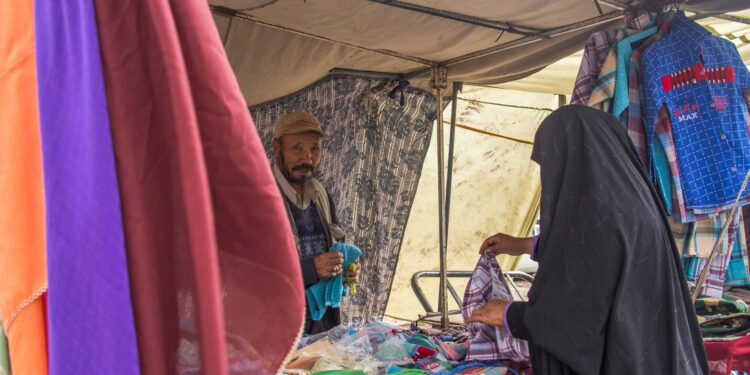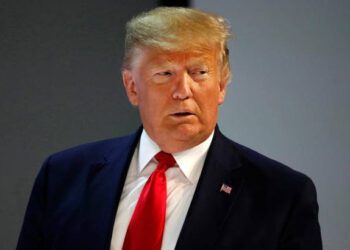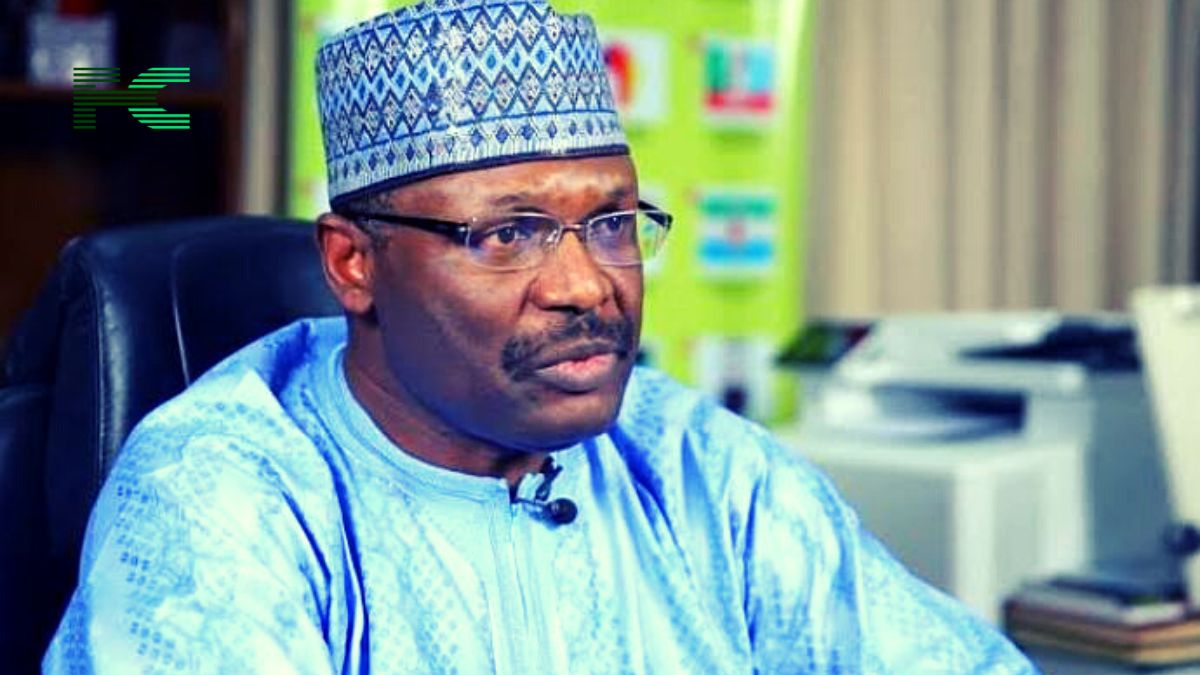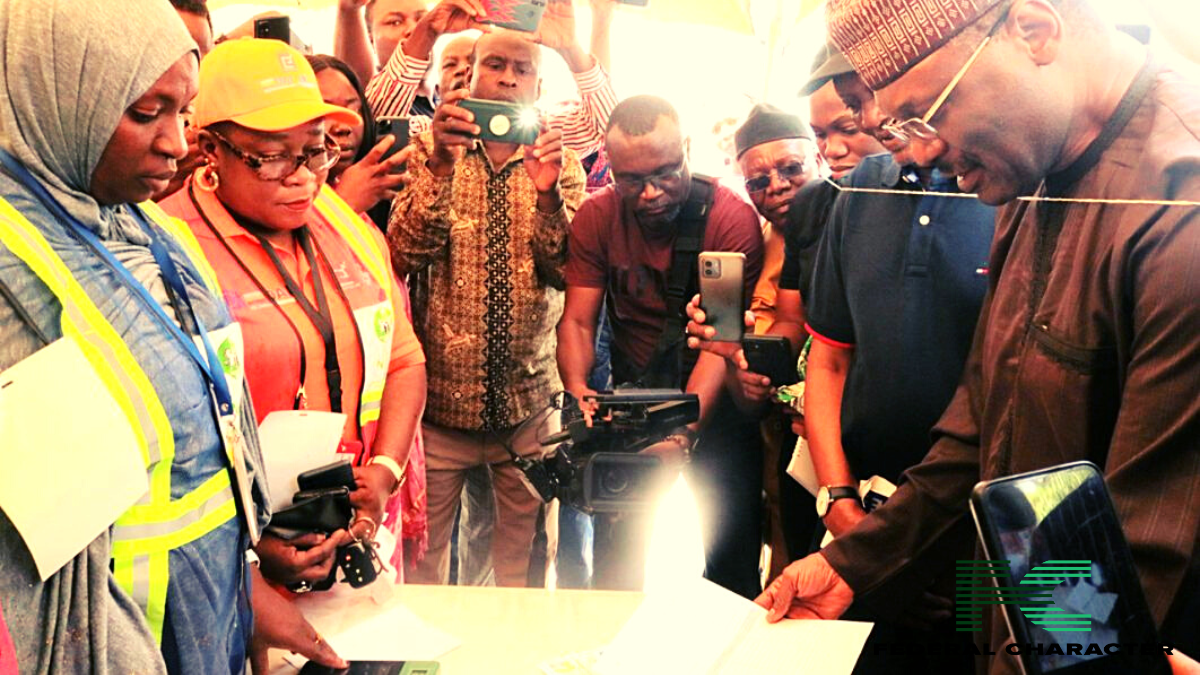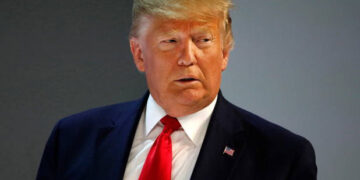The photograph of female journalists occupying the front row at the second press conference of the Afghan Taliban’s Foreign Minister, Amir Khan Muttaqi, speaks not of genuine progress, but of a grudging, highly calculated public relations maneuver.
To suggest, as Muttaqi did, that the initial exclusion of women from the Friday event was a mere “technical issue” on “short notice” is an insult to common sense and a brazen disregard for the truth. This was a deliberate, ideological statement perfectly aligned with the regime’s policy of “gender apartheid” .
The Taliban has systematically stripped Afghan women of their fundamental rights since 2021: girls are banned from attending secondary school and university; jobs are severely restricted; and their movement is curtailed. These are not “some limits” or a “postponed” education, as Muttaqi claimed; they are state-enforced acts of oppression.
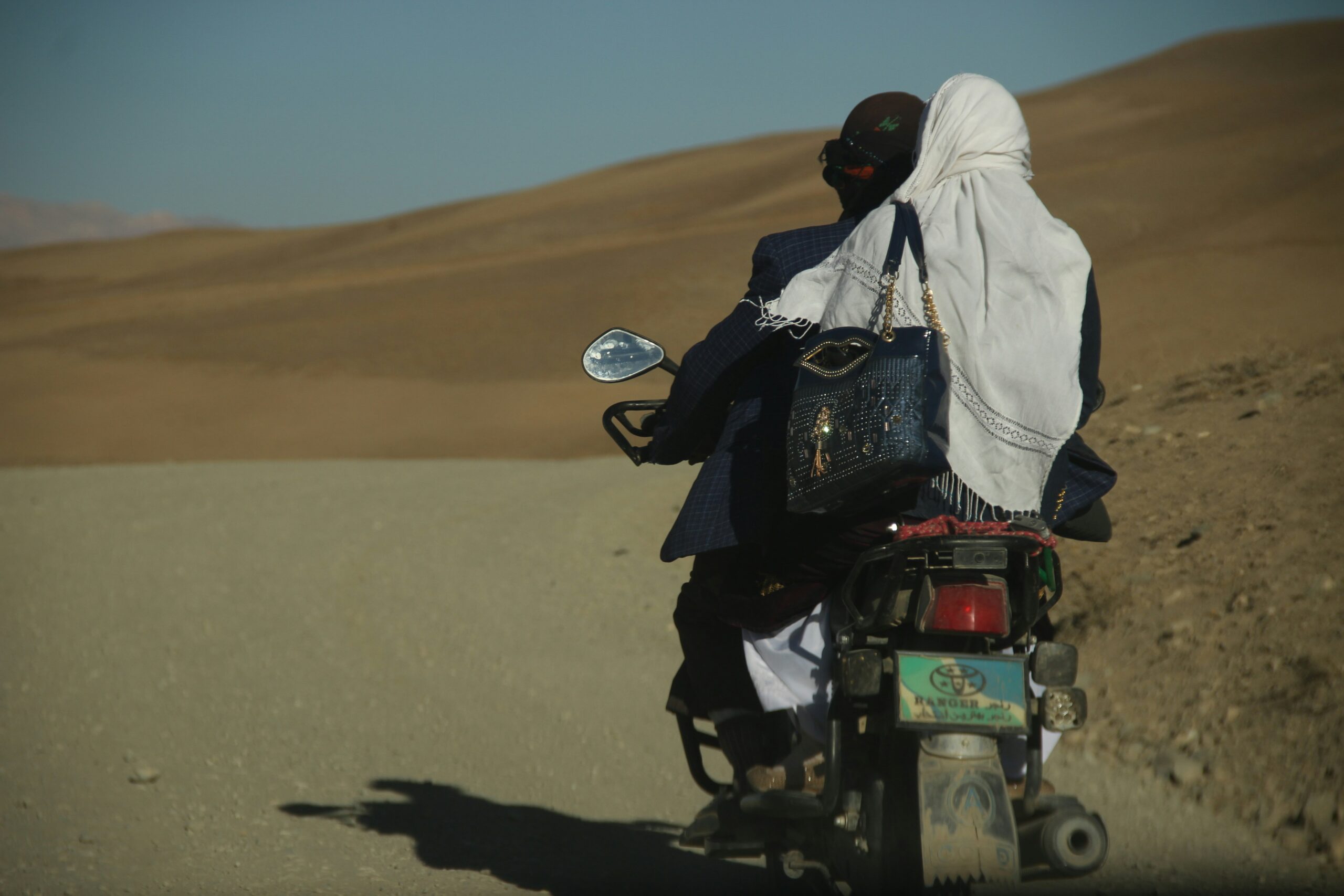
His defensive claim that education is “not religiously haram” is a semantic smoke-screen designed to placate international opinion while the brutal reality of their edicts continues on the ground in Kabul. The fact that the second, “inclusive” conference was organised only amid massive outrage in India and strong statements from groups like the Editors Guild of India and the Network of Women in Media, India (NWMI) confirms that the inclusion was reactive damage control, not a sincere policy shift.
India’s Moral Failure and the Male Journalist’s Complicity
The greater scandal lies not in the Taliban’s predictably misogynistic conduct, but in the glaring Indian government’s moral failure. While the Ministry of External Affairs (MEA) sought to distance itself by claiming “no involvement in the press interaction”, this attempt to hide behind the Vienna Convention is strategically weak and ethically reprehensible.
Allowing a UN-sanctioned regime to enforce blatant gender discrimination on Indian soil undermines the nation’s democratic values and its constitutional commitment to gender equality. As opposition leaders rightly pointed out, by permitting this spectacle, India appears to tacitly endorse the Taliban’s repression.
Equally troubling is the complicity of the male journalists who attended Friday’s conference. The NWMI was absolutely correct: in moments of ethical crisis, silence can be seen as complicity in normalising gender discrimination.
Why It Matters
These (male) reporters chose access over principle, prioritizing their scoops from a repressive regime over the professional dignity and human rights of their female colleagues. A unified walk-out by male reporters would have sent a powerful and unambiguous message that transcended diplomatic niceties, directly undermining the Taliban’s quest for diplomatic recognition.
India’s strategic need to engage with the Taliban for security and regional influence—a move exemplified by the decision to reopen its embassy in Kabul—must not come at the cost of its core values. Pragmatism must be tempered by a clear moral red line.

